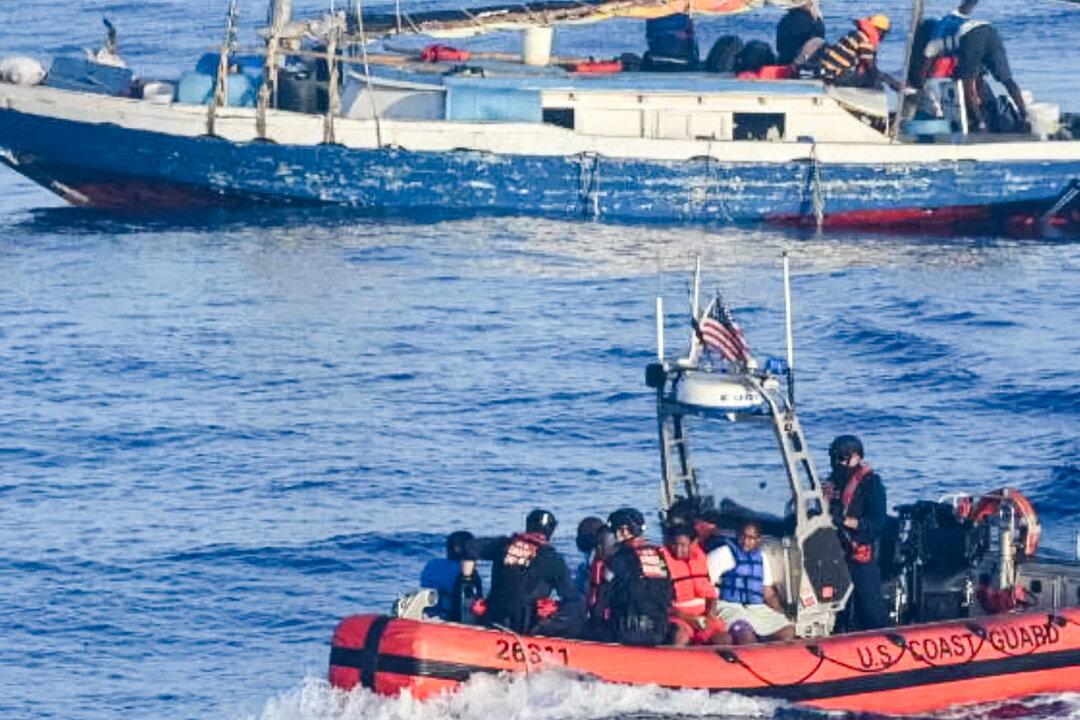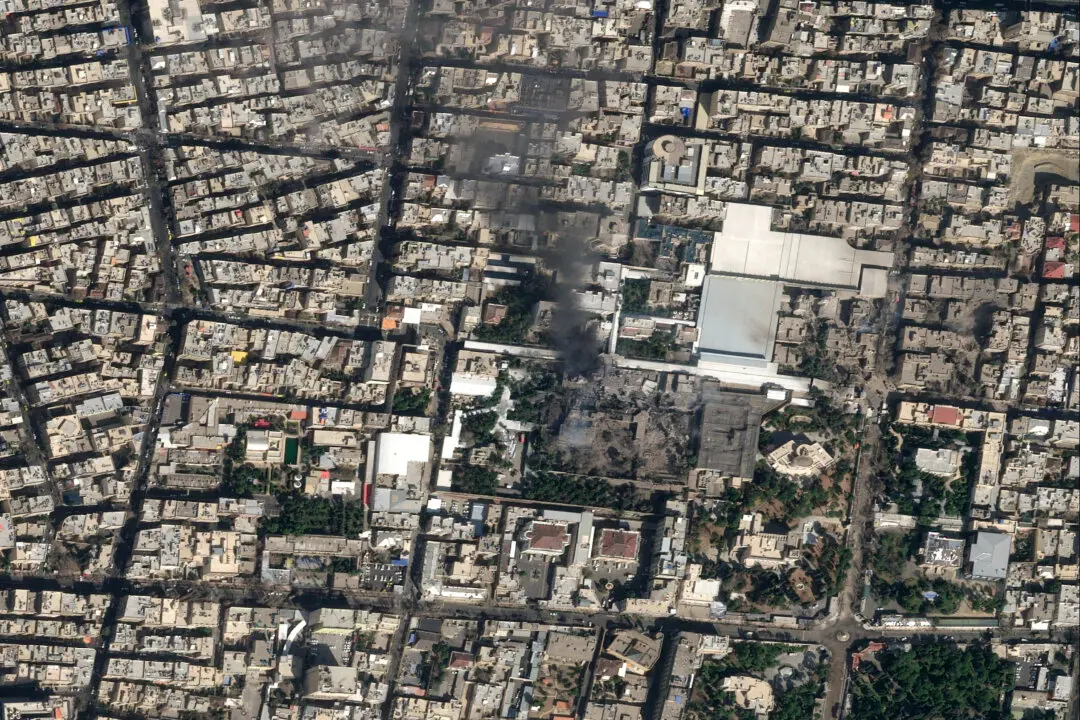Haitian nationals attempting to illegally enter the United States by sea crossing face immediate repatriation back to their home country, according to a new warning shared by the U.S. Department of Homeland Security (DHS).
In a statement shared with NTD on March 15, the DHS stated that it remains watchful for heightened numbers of individuals attempting to make their way to the United States by boat. This heightened attention to crossing to the United States by sea comes amid widespread unrest in the Caribbean island nation of Haiti, where an alliance of armed gangs and revolutionaries have clashed with the country’s existing government.





